Emigration was on the rise as more jobs were created in town. Most of the emigration was from Eastern Europe in countries which were undergoing political and social turmoil. Each of the ethnic groups which populated the town added their own cultural flavor to the shops, stores, and recreation.
Decline of Farming-Rise of Industry
Farming changed dramatically between the early settlement of St. Charles and the turn of the century. During the middle 19th century, over 90% of the country’s men were farmers. With the invention of the McCormick Reaper in 1878, there existed a need for larger, stronger horses to pull the heavier plow. With this in mind, St. Charles gentleman Mark Dunham set out for Europe to find a breed of stronger horses to bring back to the US.
A Burst of New Energy
After 1870, St. Charles was rejuvenated by railroad, new industry, and more emigration. The village of St. Charles was incorporated into a city in October of 1874 and J.K. Lewis was elected the first mayor. Improvements to provide valuable community services to the people of St. Charles included telephones by the 1880s, a library by 1889, a newspaper by 1881, a new high school (Haines) in 1898, gas mains by 1901, free mail delivery by 1904, city water mains by 1906, and city sewers in 1912.
Aftermath of the Civil War: "Mrs. May"
St. Charles experienced a stunt in growth from about 1850 to 1870 due to several factors inside and outside of town. Natural disasters, such as floods and epidemics, the Civil War, and the loss of the railroad contributed to the lack of expansion.
Spiritualists, clairvoyants, or mediums were on the increase after the end of the Civil War due to the thousands of grieving survivors trying to connect with lost loved ones. It was so much accepted, that by the 1880s, the Universalist Church in St. Charles was converted into the hub of the Spiritualist movement in Northern Illinois.










